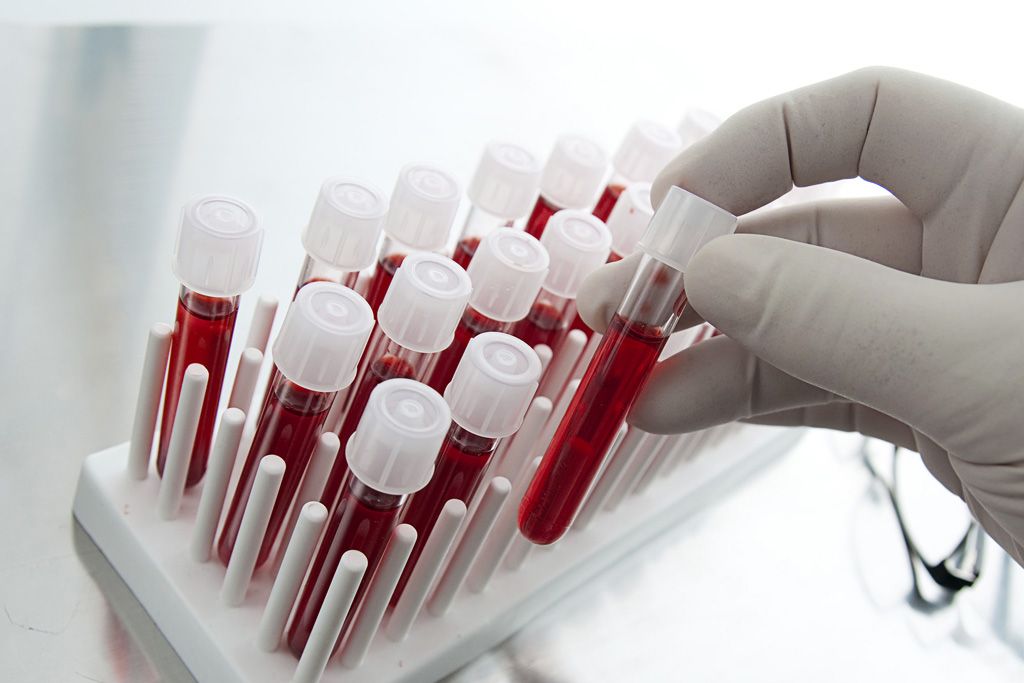Hepatitis infections decrease in Azerbaijan

By Amina Nazarli
The number of people infected with the deadly hepatitis C is decreasing in Azerbaijan, the Health Ministry reported.
Statistics show that about 2 percent of the Azerbaijani population was infected with hepatitis B and approximately 3 percent had hepatitis C in 2014.
Hagigat Gadirova, the Deputy Chairman of the Commission for the examination and treatment of people infected with hepatitis B and C under the Health Ministry, told local media that acute hepatitis B and C are less common now than ever before.
She said that thanks to proper education and other measures by the government, the disease is in retreat.
Last year, a program for the free treatment of patients with hepatitis B and C was launched in the country, drawing more than 2,000 persons seeking treatment.
“People infected with hepatitis B are provided with Interferon, and patients with hepatitis C, Interferon and Ribavirin. For patients with hepatitis B, drugs are assigned for 24 weeks, while for patients with hepatitis C from 24 to 48 weeks,” she noted.
Gadirova said that there are several ways to get infected,
including through blood and its components. She stressed, however,
that contrary to popular belief, infection through blood during
transfusion is impossible, as donor blood is thoroughly tested.
She warned that there is a risk of catching the infection through
medical, household, cosmetic tools, which have been contaminated by
blood. The specialist recommends doing manicures and pedicures in
beauty salons that have decontamination equipment.
“Rubbing tools using alcohol or conventional boiling is not able to kill the hepatitis B virus, which is highly resistant,” she stated.
Gadirova said that medicines for patients with hepatitis are very expensive, and some people cannot afford it. That’s why, the specialist says, the government has begun to distribute them for free.
“Treatment of hepatitis B and C will be effective if it is started on time, otherwise the treatment may be ineffective. On average, the chance of curing patients with hepatitis B is 80 percent and patients with hepatitis C is 60 percent,” she said.
“Sometimes one may be a carrier of the hepatitis B virus, and not be sick. In this case treatment is not necessary since there is no threat to life. What about hepatitis C, on average, 30 percent of patients may self heal. Approximately 60-70 percent of patients who apply for drugs require therapy.”
Hepatologist Gulnara Agayeva claims that the most difficult
thing is to reveal the disease at an early stage, because often the
disease doesn’t show symptoms for many years. Slight headaches,
bloating, and fatigue can be attributed to other diseases, which is
why most of hepatitis C is detected at a fairly advanced stage.
Therefore, our primary concern, Agayeva said, is detection of
diseases in time and a thorough and efficient treatment.
The success of treatment depends not only on doctors, but also
on the patients who must always follow the doctor's instructions,
and take the drugs on time.
Moreover, the patient’s heart drops when they hear on TV or
somewhere else that hepatitis C is an incurable disease, though
this is no longer the case.
--
Amina Nazarli is AzerNews’ staff journalist, follow her on
Twitter: @amina_nazarli
Follow us on Twitter @AzerNewsAz
Here we are to serve you with news right now. It does not cost much, but worth your attention.
Choose to support open, independent, quality journalism and subscribe on a monthly basis.
By subscribing to our online newspaper, you can have full digital access to all news, analysis, and much more.
You can also follow AzerNEWS on Twitter @AzerNewsAz or Facebook @AzerNewsNewspaper
Thank you!
